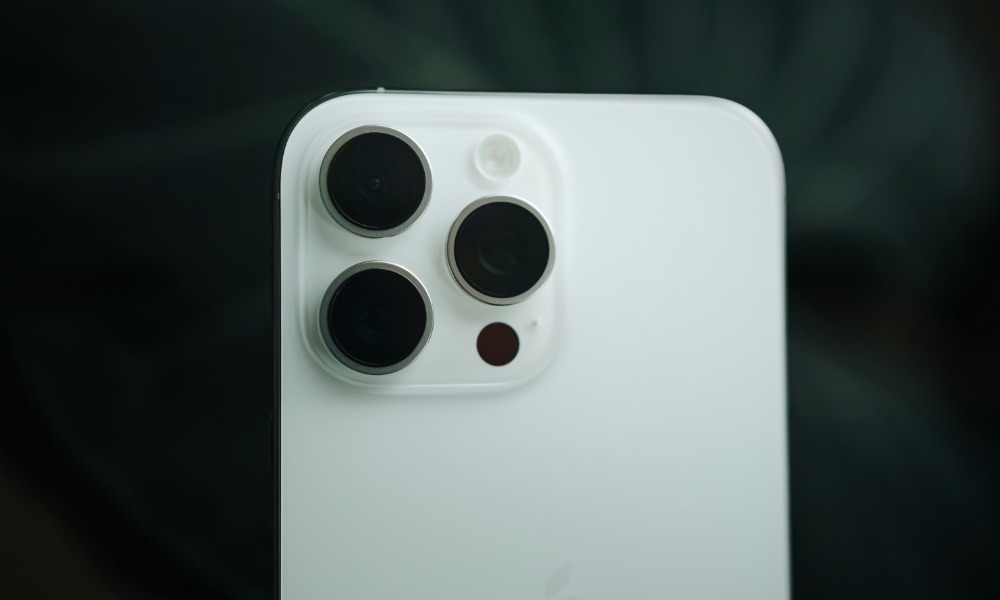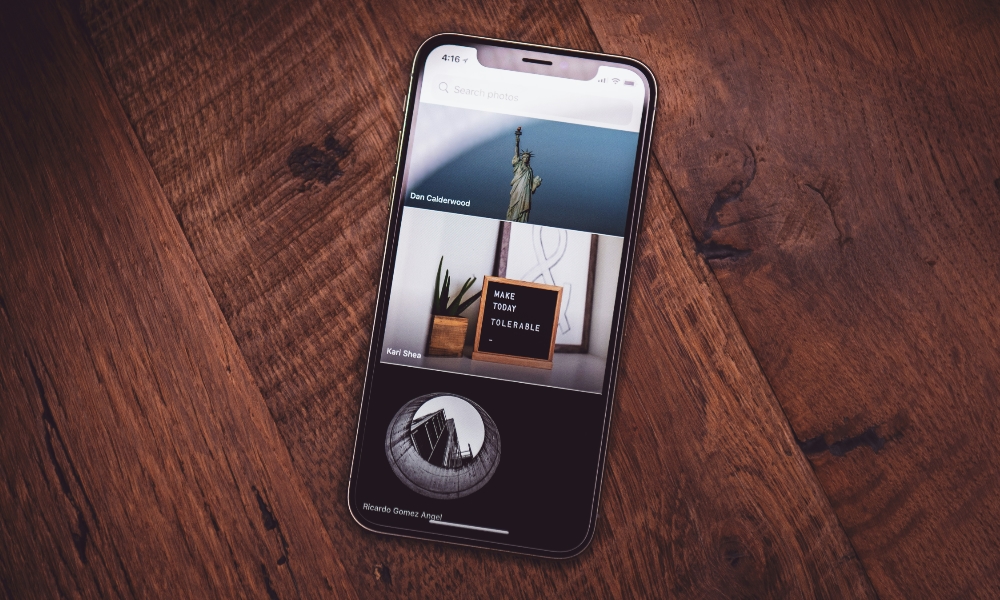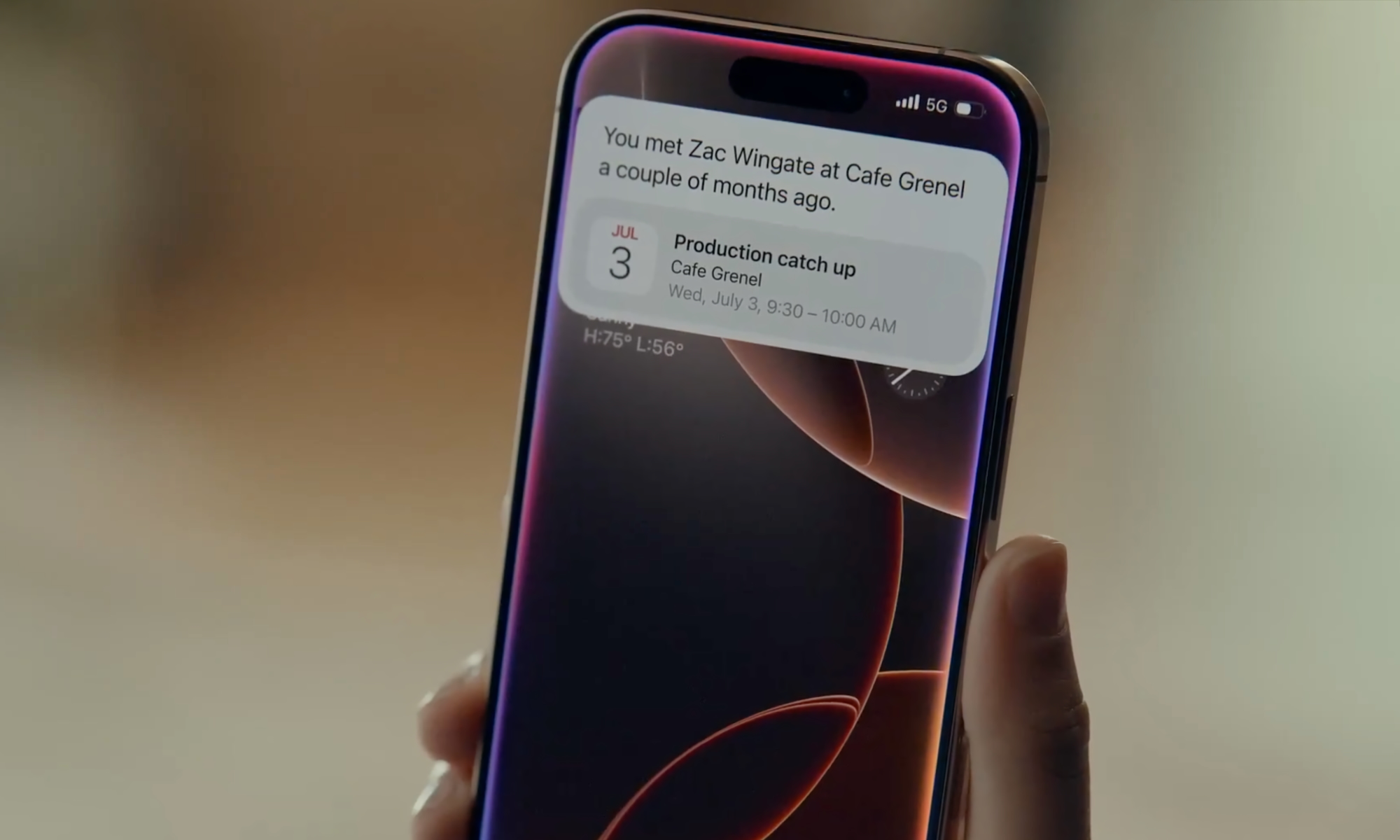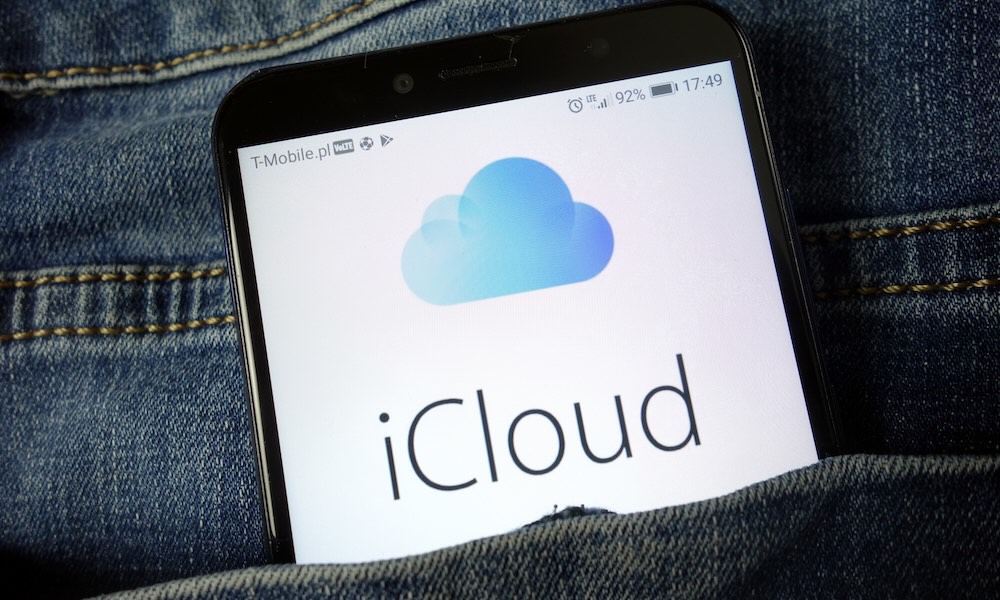7 Reasons You Shouldn’t Buy a 128 GB iPhone
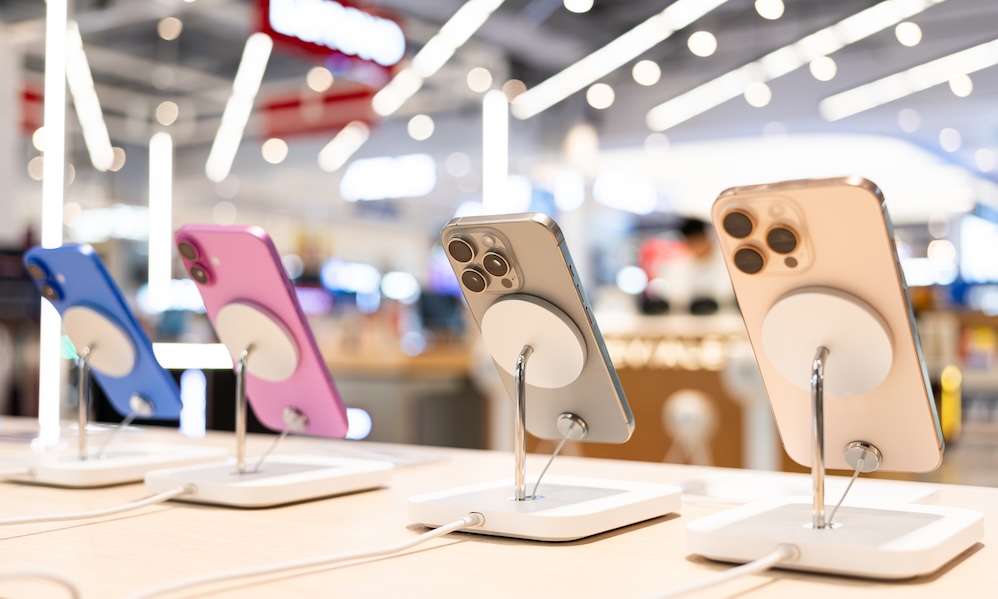 Wongsakorn / Adobe Stock
Wongsakorn / Adobe Stock
Remember the good old days when Apple still sold iPhones with 64 GB of storage? Wait, that was only three years ago! Surely, Apple is the only trillion-dollar company that can sell a 64 GB product in 2022 and get away with it.
Fast forward a couple of years, and now all of Apple's products come with at least 128 GB of storage, which is much better than 64 GB.
Unfortunately, now that it's 2025, that still isn't enough for many of us. With all the apps, games, and media you can have on your iPhone, 128 GB just doesn't cut it anymore. Yes, it's the most affordable iPhone available, but saving $100 now might end up costing a lot more in the future. If you're thinking of getting an iPhone, read on for seven reasons you should skip the 128 GB model.
You Don't Really Have 128 GB of Storage Available
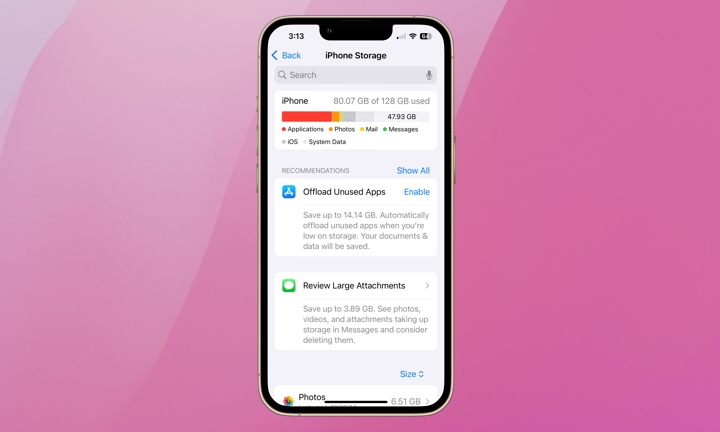
You need to consider that 128 GB of storage isn't what you're getting, even if you buy a brand-new iPhone.
Sure, your iPhone might have 128 GB of storage capacity, but when you first boot it up, you can see that System Data and iOS are already using some of that storage.
These can collectively consume up to 20 GB of that storage, leaving you with around 100 GB for yourself. Now consider all the apps, games, and files you want to have on your iPhone, and you'll quickly see that 128 GB is nowhere near enough.
128 GB Isn't Enough If You're Shooting 4K Video
One of the iPhone's biggest selling points is its ability to shoot beautiful 4K video at 60 fps, which is the dream for anyone trying to create amazing movies or videos.
However, shooting high-definition videos comes with a price: storage. A single minute of footage can take up to 600 MB of storage, which means you can only store a little over 200 minutes of video on your iPhone. And that's assuming the iPhone's 128 GB of storage is all available from the get-go, which it isn't.
Two hundred minutes of video might seem like a good number, but think about the other stuff you'll have on your iPhone, like pictures, apps, and games. Not only that, but being able to store only 200 minutes of 4K videos for the next five to seven years feels like nothing. You can offload some of it to iCloud if you're willing to pay for an iCloud storage plan, but that money could be better spent on a higher-capacity iPhone instead.
Pictures Take Up a Lot of Space, Too
Not all of us are amateur filmmakers or YouTubers. Some of us may not be particularly interested in videos, and that's perfectly fine. However, we all have pictures that we want to store on our iPhones for years to come.
And sure, 128 GB of storage might sound like an okay amount of storage for pictures, but trust us, it's not, especially when you consider that you probably want to take the highest quality pictures you can with your iPhone.
Additionally, if you save pictures from apps like WhatsApp, your storage will fill up quickly. Overall, it's just not worth having a 128 GB iPhone if you have a lot of videos or pictures you want to save on it.
Apple Intelligence Might Need More Storage in the Future
Apple Intelligence, Apple's take on AI, is here to stay — whether we like it or not. And while some features may be helpful, there is one issue: this new technology requires storage space.
Currently, Apple Intelligence consumes 7 GB of storage, which is a considerable amount for something you likely don't use frequently. Not only that, but as more Apple Intelligence features appear in iOS 19 and future releases, the more storage this technology will likely require.
If you want to buy an iPhone 16 for Apple Intelligence, be sure to choose one with enough storage to make it future-proof.
Apps Aren't Getting Any Smaller
This is a separate issue, but many apps and games constantly require more storage space due to the numerous new features and files they generate.
For instance, WhatsApp may consume a significant amount of storage space without you realizing it. If you aren't careful, you can lose over 20 GB of storage.
Further, if you're a mobile gamer, you'll need as much storage as you can get. Consider that Resident Evil 4 on the App Store is 64GB, or half the storage of a 128 GB iPhone.
Of course, you might think that these are handpicked examples, which they are to some extent. Some apps won't even require 1 GB of storage, but many games and apps still need between 3 GB and 5 GB to be installed, and that can add up over time.
The Lower the Storage, the Slower the Performance (Over Time)
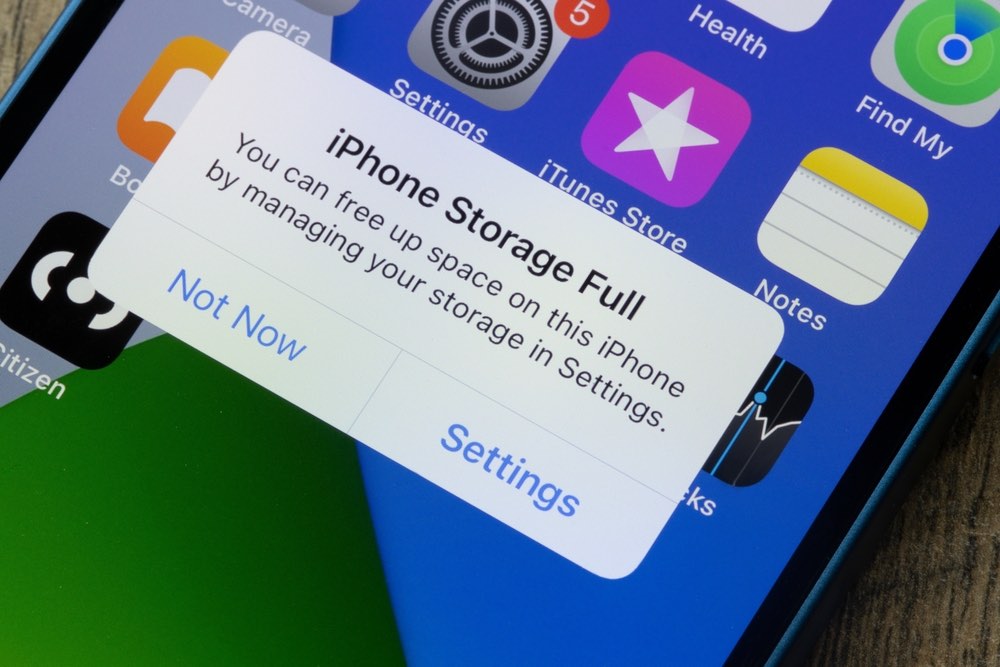
At first, all new iPhones seem to be performance beasts that can handle multiple tasks without breaking a sweat, but that will not always be the case.
Over time, your iPhone will start to slow down, and you'll need to perform maintenance to boost its performance again. One of the tips you always hear is to free up some storage space.
When available storage drops below a certain threshold, your iPhone's performance will suffer. Generally, it's recommended to have at least 10% of storage free at all times so your iPhone can maintain optimal performance.
Free storage can be difficult with an iPhone's only 128 GB, so you should consider getting at least a 256 GB model.
iCloud Can Be Expensive (and It's Not a Permanent Solution)
Many of us pay for an iCloud+ subscription, which provides us with additional cloud storage to save important photos, videos, and files. While that might be a good alternative, it's not a particularly effective solution over time.
To start, iCloud can be expensive. If you have an extensive collection of pictures and 4K videos, you can't settle for a lower-tier subscription; you'll likely need to opt for the 2 TB plan, which costs $9.99 in the US. If you plan to keep your brand-new iPhone for at least five more years, you will end up paying $600 for the extra storage.
Sure, most people don't have the $600 to increase their iPhone storage right now. But if they have at least $300, they can increase an entry-level iPhone's storage to 512 GB.
Ultimately, if you have an iPhone with more storage, managing your storage offline will be easier, which may allow you to subscribe to a cheaper iCloud plan and save money in the long run.
Think About it Long Term
Unless you have an unlimited supply of cash, you probably want your iPhone to last for at least five years after you buy it, which is entirely possible. After all, an iPhone typically supports software updates for up to seven years after its initial release.
With that said, you'll need to take care of your iPhone if you want it to last a long time. We're not just talking about taking care of its battery and performance; storage is also important.
Yes, you'll spend more money now, but that ensures your iPhone will be capable of handling any new app, game, or software update in the future.
By itself, the iPhone is pretty future-proof. But if you want to do your part, consider getting at least a 256 GB model. That is, until that isn't enough, either. But that's an article for another day.

